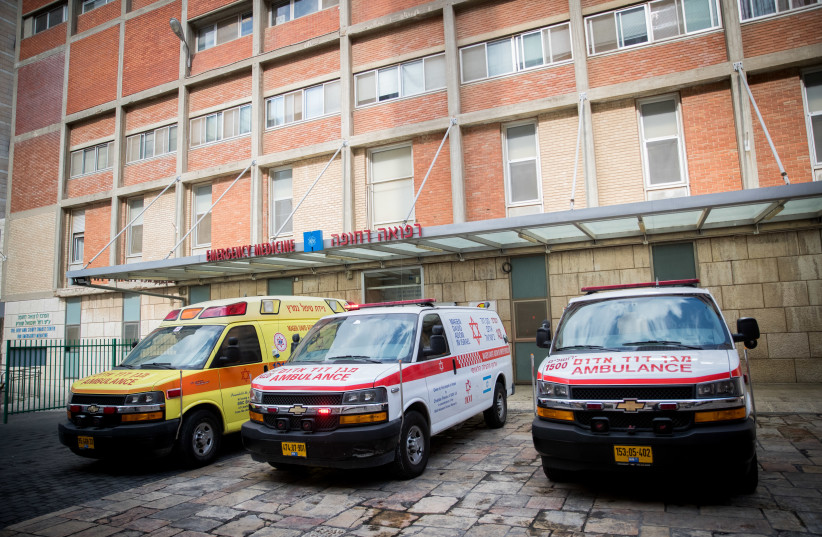The Health Ministry will implement a reform that gives the general public a choice of which hospitals they want to go to for treatment. It has already published these arrangements for public comment on the change.
According to the changes, each patient will be able to choose among at least four hospitals for each referral, with at least two of them more advanced tertiary medical centers and one of them geographically close to him/her.
The aims of the reform is to maintain the prioritization of community services and the stability and robustness of the public health system; encourage competition for the quality and accessibility of service to patients while maintaining community services and the financial stability of the system; minimizing inequality and gaps in accessibility to medical services; and making relevant information accessible to patients and increasing the transparency of the selection procedures.
"We recognize the fact that one of the reasons for the private health system is the limited ability to choose where to receive medical services in the public health system."
Health Ministry Director General, Moshe Bar Siman Tov
Form #17 provided by one’s public health fund for referral and payment to hospitals or other medical facilities will be transparent; each referral will provide details to the insured about all the medical institutions he has the right to choose from.

It will also exclude/reduce selection arrangements in cases of arrival at a hospital emergency room; a specialized medical service in the case of an illness or medical condition that warrants a special level of professional knowledge and experience; and a sequence of treatments or medical conditions that require intensive treatments.
Reducing health disparities across Israel
Ministry director-general Moshe Bar Siman Tov explained that his office is “constantly working to reduce health disparities in the country while addressing what causes it, with the goal that everyone can exercise their full rights and receive the appropriate service and treatment they require in the healthcare system. We see great importance in strengthening the public health system while responding to the needs of patients.
“Over the years,” continued the director-general, who is a former Finance Ministry economist, “the way health services are consumed in Israel has changed.... We recognize the fact that one of the reasons for the private health system is the limited ability to choose where to receive medical services in the public health system. The reform significantly expands the selection both due to the definition of a minimum standard for selection and to increase transparency.
“The decision on flexibility was made following much staff work aimed at improving medical care for patients in the public health system, encouraging competition for the quality and accessibility of the service to patients, while maintaining community services and the economic stability of the system.”
Moshe Bar Siman Tov
“The decision on flexibility was made following much staff work aimed at improving medical care for patients in the public health system, encouraging competition for the quality and accessibility of the service to patients, while maintaining community services and the economic stability of the system,” he continued.
This staff work took several months and examined possible reforms in the selection arrangements for the patients in the hospitals. The ministry published a call for public comment, reactions were received. The positions of the health funds, public hospitals, private hospitals, government-owned hospitals and voluntary hospitals were heard.
